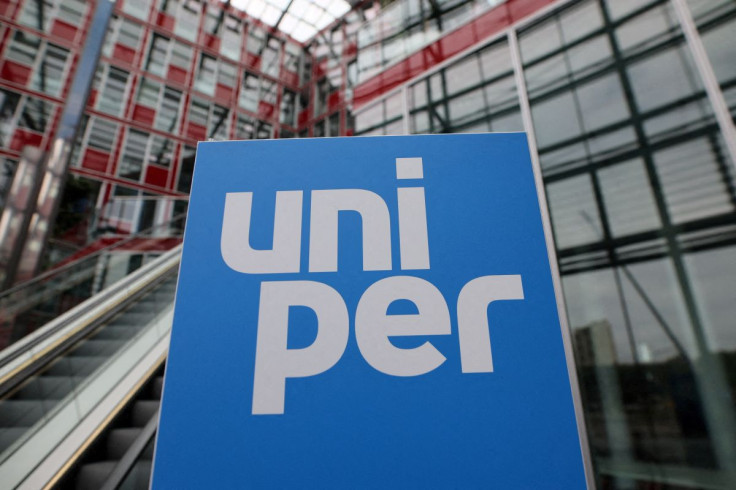Germany's Uniper Gets 15 Billion Euro State Bailout To Avert Collapse

Uniper on Friday received a 15 billion euros ($15.2 billion) bailout from the German government to save the gas importer that is the biggest casualty of Europe's energy crisis so far.
The state rescue caps weeks of negotiations between Germany and Finland, which controls Uniper's majority shareholder Fortum. It provides a lifeline after falling Russian gas supplies drained the company's finances.
Uniper shares fell 18% following the announcement. Fortum shares were 1% lower.
As part of the deal, the German government will take a 30% stake in Uniper. Fortum's stake in Uniper will be diluted to 56%, down from around 80% currently as a result.
"We are living through an unprecedented energy crisis that requires robust measures," Fortum CEO Markus Rauramo said, adding the deal reflected the interests of all parties. "We were driven by urgency and the need to protect Europe's security of supply in a time of war."
Under the agreement, Germany will buy 157 million new ordinary Uniper shares for 267 million euros and make available capital of up to 7.7 billion against issuance of mandatory convertible instruments.
In addition, state-lender KfW will raise an existing credit line by 7 billion euros to 9 billion in total.
The package still needs approval from the European Commission, and requires confirmation of Uniper's investment grade rating by agency S&P. The deal also needs approval by Uniper shareholders.
It also carries certain conditions, including Uniper withdrawing a lawsuit against the Netherlands over its coal phase-out as well as a commitment by the Duesseldorf-based group to not pay dividends for the duration of its stabilisation period.
Following the rescue, Uniper, Fortum and the German government will work on a long-term solution to reform the company's wholesale gas contract architecture, which has exposed the group to billions in losses.
The parties intend to agree on the longer-term solution by the end of 2023, they said.
A drop in Russian gas supplies meant that, rather than being able to rely on long-term price agreements, Uniper had to buy expensive gas on the spot market to make up for the shortfall.
Friday's agreement will allow Uniper to pass on higher gas prices, which have risen eight-fold as a result of Moscow cutting supplies, to customers, but German Chancellor Olaf Scholz said the government was looking at relief measures.
($1 = 0.9847 euros)
© Copyright Thomson Reuters 2024. All rights reserved.











